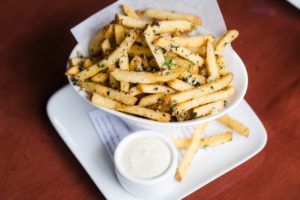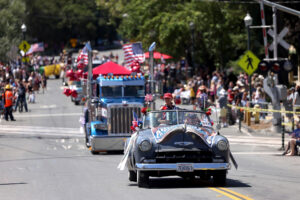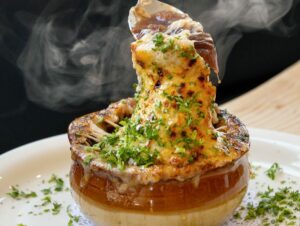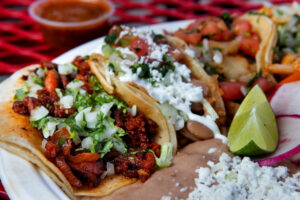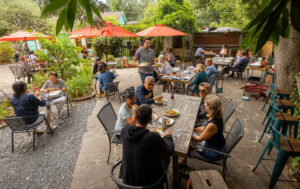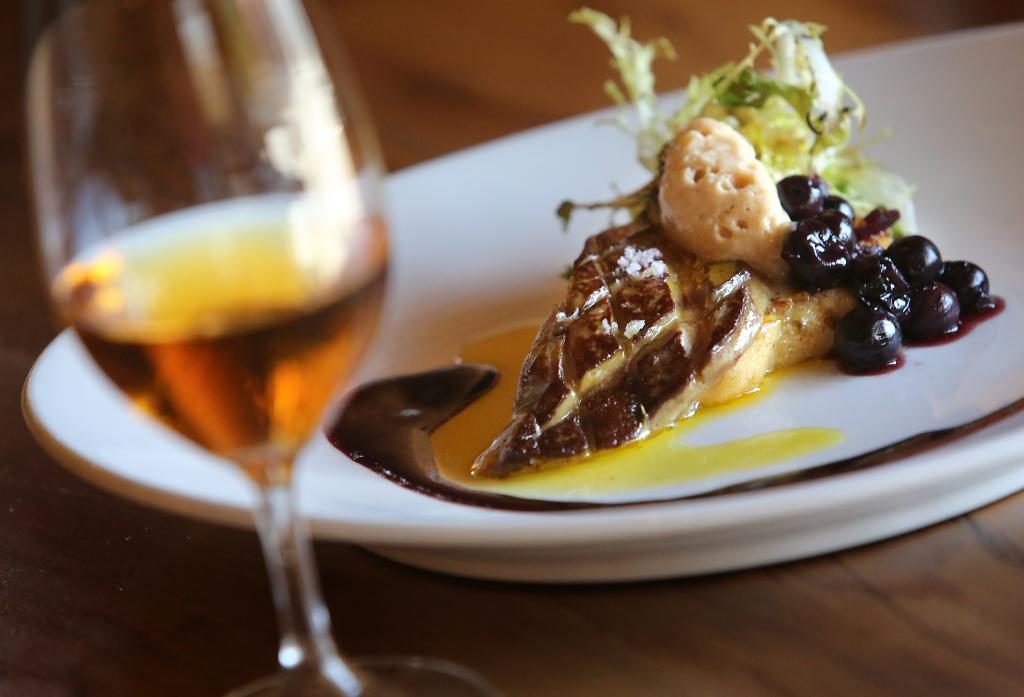Foie gras is back on menus and California chefs celebrate. Animal rights groups howl.
In a Jan. 7 ruling that caught both sides by surprise, a U.S. District Court judge in Los Angeles lifted the statewide ban on the sale of artificially fattened duck or goose liver, aka foie gras. Chefs scurried to add the rich, buttery liver lobes to their menus, pan-searing them or turning them into torchons and terrines. Animal protection groups, including the Humane Society and Farm Sanctuary, immediately called on California Attorney General Kamala Harris to appeal the decision and she did, on Feb. 4.
Animal welfare advocates convinced California voters in 2004 that the force-feeding of ducks and geese for the purpose of engorging their livers for foie gras production was cruel. The law, which took effect in 2012, prohibited only the sale of foie gras and not the serving of it. So some local chefs “gifted” foie gras to diners, absorbing the typical cost of $65 to $100 a pound or passing it on to other dishes.
“(Foie gras) is a great product,” said Jesse Mallgren, chef at Healdsburg’s Madrona Manor. “I don’t think the ban was fully thought out.” Said chef Steve Litke of Forestville’s Farmhouse Inn: “A lot of our customers really miss it.” Ken Frank, chef at La Toque in Napa: “Choice has returned to California menus.”
However, Judge Stephen Wilson’s Jan. 7 reversal of state law had nothing to do with treatment of ducks: He ruled only that the ban interfered with the federal Poultry Products Inspection Act of 1957.
During the appeal, foie gras can still be sold in California. But this food fight isn’t over yet.



